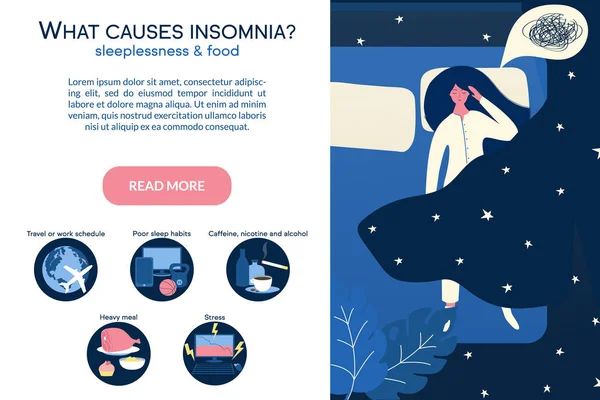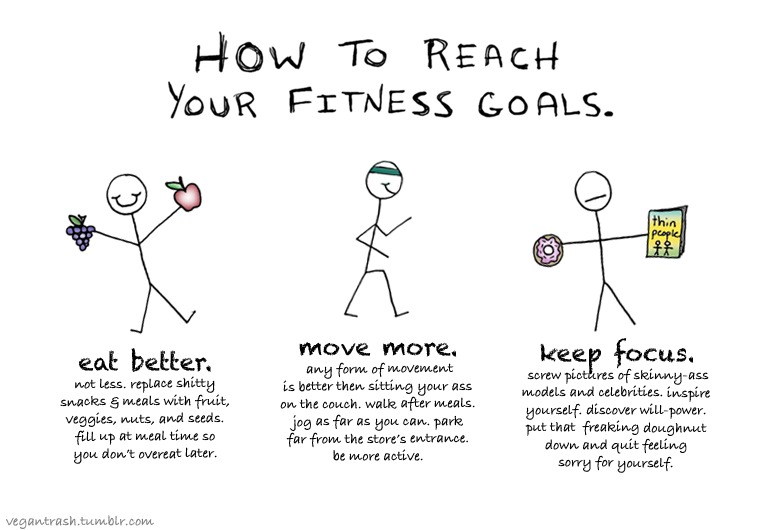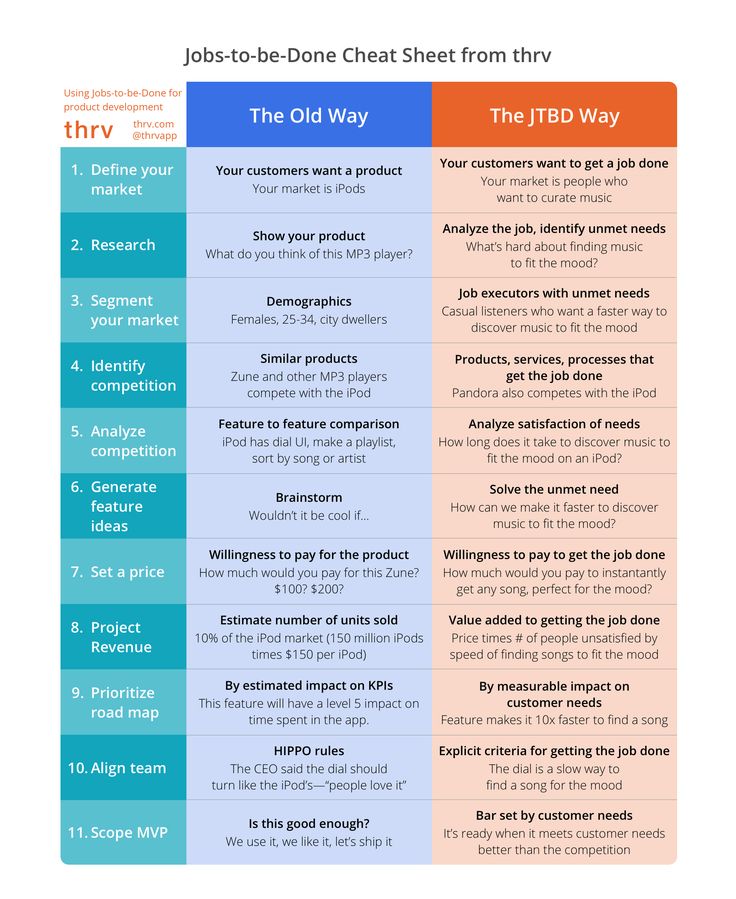How to change your attitude in a relationship
15 Tips on How to Change Your Bad Attitude in a Relationship
You’ve probably heard this famous statement before; Attitude is everything. While you may want to dispute that, there’s no way to dispute that attitude plays a vital role in human relationships.
Whether they are relationships between siblings, family members, platonic friends, or partners in a romantic relationship, attitude plays a major role in the success of such relationships.
If you’re in a relationship and you have a goal to enjoy it to the fullest, you must learn how to change your attitude in a relationship. Thankfully, this article has solely been dedicated to showing you effective ways to change your attitude.
How does a bad attitude affect a relationship?
Before diving straight into the answer to this question, we must take some time to define what “attitude” is.
Wikipedia defines attitude as a psychological construct, a mental and emotional entity that inheres in or characterizes a person. Simply put, an individual’s attitude completely embodies the way they relate with the world around them and their disposition to people/themselves.
Attitude can be bad or good. Most times, a person’s attitude results from their past experiences and emotional/physical environment.
A lousy attitude affects a relationship in several ways, all of which are negative. When someone in a relationship has an attitude problem, it becomes difficult for their partner to connect with them emotionally and even physically.
This difficulty will lead to a loss of intimacy, and communication becomes almost impossible in the relationship. Once effective communication goes out the door, the relationship might as well be a rollercoaster.
In addition, a negative attitude makes one prickly, on edge, and impossible to approach. Once a partner in a relationship becomes distant (or makes their partner think they’re so, because of how they’ve presented themselves in the relationship over time).
Pessimistic, and nasty, there’s every possibility that their partner may give up on the relationship.
If you have a bad attitude, you must learn and employ some effective attitude adjustment techniques. They would play a major role in helping you to improve your attitude.
Related Reading: Common Intimacy Issues in Marriage That Cause Discord Between Couples
15 ways to change your bad attitude in a relationship
In this section, we will discuss how to change your attitude in a relationship. So, buckle up.
1. Identify and accept that there’s something that must be fixedIt wouldn’t be possible to fix anything you haven’t yet identified as a challenge. In the same way, it is impossible to change your attitude to positive if you haven’t first accepted that it is negative.
This step of the recovery process is a bit difficult because it takes sitting down and telling yourself the hard truth.
Accepting that you have an attitude problem feels like ripping a band-aid off a gaping wound.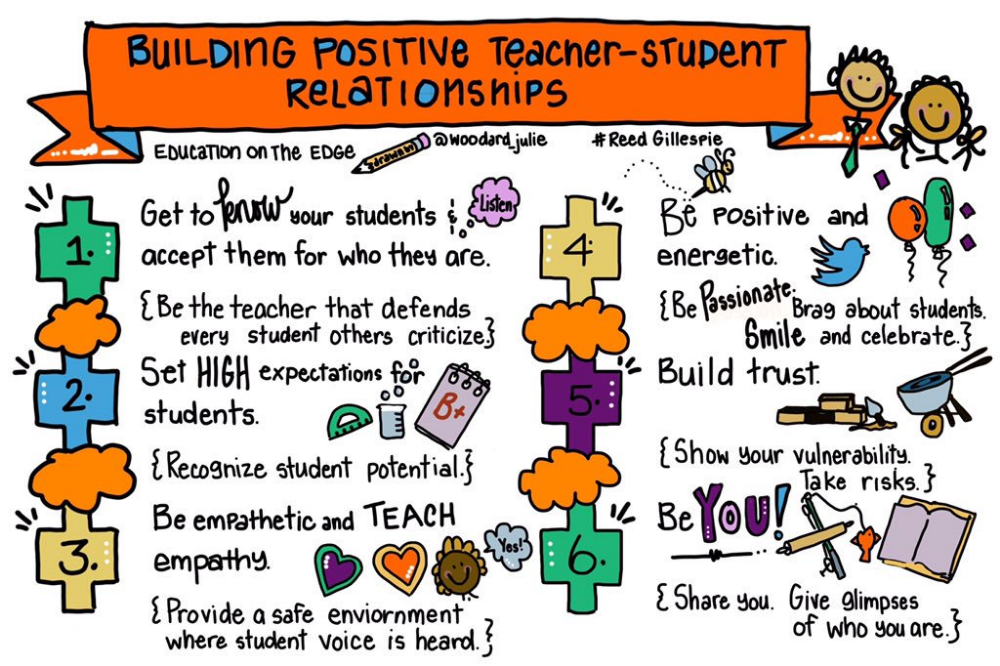 It isn’t always the most pleasant activity you can carry out, but it would pay in the long run.
It isn’t always the most pleasant activity you can carry out, but it would pay in the long run.
In addition, spend some time reinforcing your mental shields for this. As indicated early on, the journey to adjusting your attitude will come with its fair share of challenges. Just decide to stick it through.
2. Tell yourself that there’s no excuse for a bad attitudeMany people are comfortable with being bad, nasty people because they have a way of making excuses for their bad attitude – each and every time.
Here’s the thing. If you don’t stop making excuses for your bad attitude, it would be impossible to effect any permanent changes.
It would take some time to start getting adjusted to this new version of yourself. However, it is necessary you also carry out this mental recalibration exercise.
3. Step out of the pastWe indicated early on that one of the major determinants of a person’s attitude is their past experiences. Hence, one of the critical steps you must take as you seek ways to change your attitude is to step out of your past.
It would help if you made peace with the fact that you can’t change the things that have happened to you in the past and that there’s no undoing them either.
However, you can get in control of your present and determine that your past will no longer creep in and negatively affect your present and future.
Suggested video: Invisible influence: the hidden forces that shape behavior.
Sometimes, you may find yourself lashing out at your partner and being nasty to them at the slightest opportunity. If you take some time to examine this critically, you may discover that what’s happening to you is the result of your internal environment.
What are your thoughts usually like?
What do you spend most of your time thinking about?
Do you think about the things that have happened to you and find yourself wary of the people in your life because you fear that those negative experiences will resurface?
If your answer to these questions is yes, you may want to take some time to sort through your thoughts.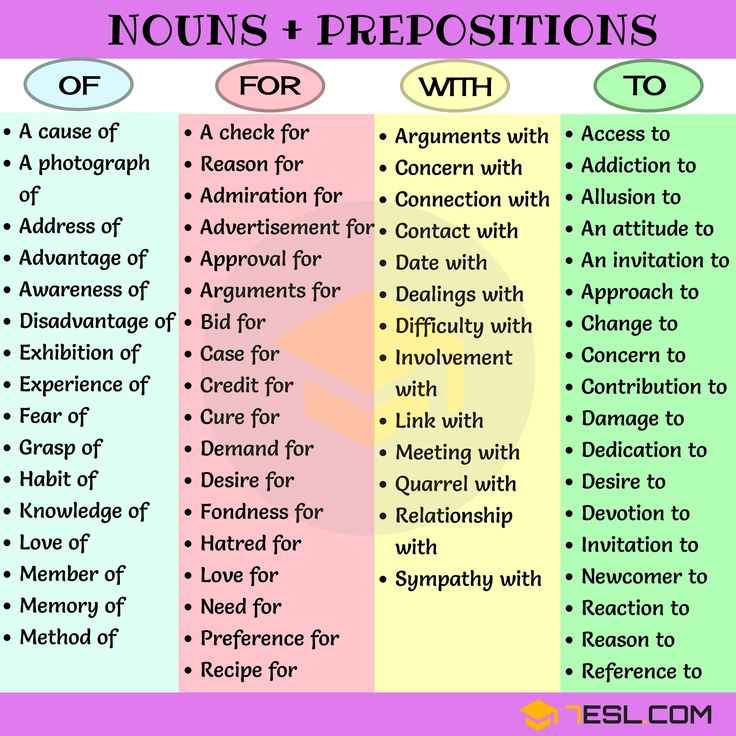
To change your negative attitude, you must completely change your thoughts. If your partner has wronged you, commit your focus from the past towards the happiness you want to attain.
5. Talk to your partnerYou are about to walk down a long and arduous road. Keeping your partner in the dark may not be the best line of action. If you would like to get maximum cooperation and support from them, you must let them know that you’re learning how to change your attitude in the relationship and apply the strategies you’re learning.
Communication is vital at this stage. You must have a no-holds-barred conversation with your partner about their present and what you would love to achieve at the end of the day.
When you have done this, your journey becomes a lot easier.
Related Reading: The Importance of Communication in Relationships6. Identify and eliminate triggers
Are there people, places, or scenarios that trigger negative feelings in you? It could be one friend that makes you feel terrible every time you hang out with them.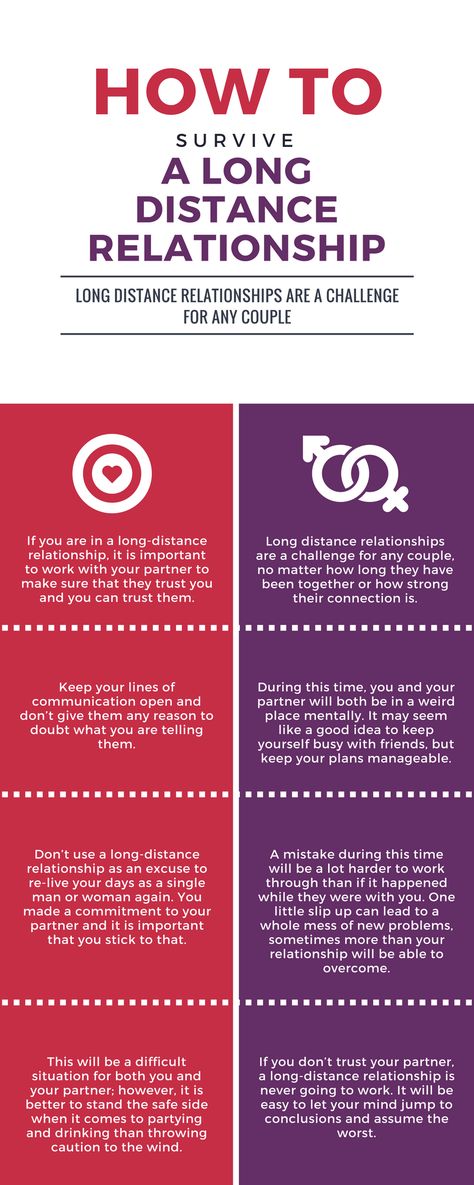 Then again, it could be a street that reminds you of a terrible experience in your past.
Then again, it could be a street that reminds you of a terrible experience in your past.
As much as possible, identify and eliminate these triggers from your life. If you are trying to step into your future, you must let go of everything that reminds you of the past you want to let go of.
This may take some time. However, it is always a profitable experience in the long run.
7. Practicing self-care is vitalThink of yourself as an egg that’s about to hatch at this point. That delicate timeframe between realities (your past and your present). One way to stay positive in your relationship and let go of negativity is by practicing self-care/self-love.
What are those tiny things you live to do? It could be your love for visiting the cinema at intervals or just waking up early in the morning to sit in the quietness of your living room with a cup of your favorite tea in hand.
Even if yours is food or vacations, it is vital that you consciously practice self-care at this point.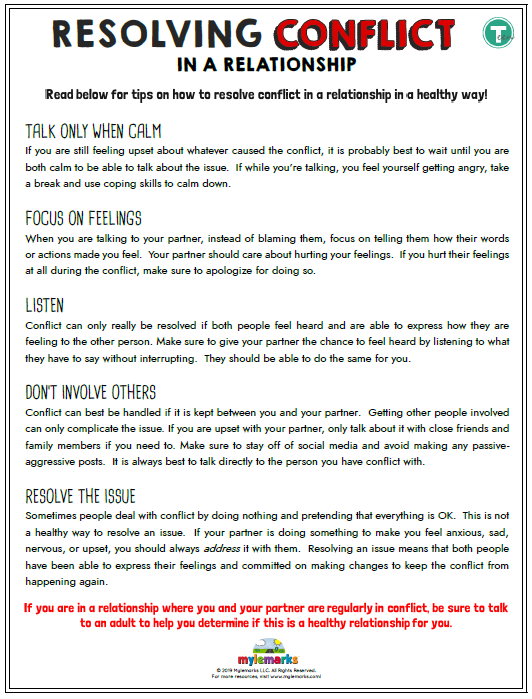
There’s a difference between a request and an instruction. In a relationship, this difference becomes more glaring.
If, before this time, you’ve become used to handing out orders and demanding compliance from your partner, you may want to have a rethink.
No one wants to be bossed around, especially not your partner. Make a habit of using these magic words; “please,” and “thank you.” At first, your ego may take a good beating. However, this can significantly improve your relationship.
Related Reading: Improve and Enrich Your Relationship9. Spend more time listening to your partner
One way a bad attitude expresses itself in a relationship is by always desiring to do all the talking.
If you’ve found yourself doing most of the talking and making one-person decisions (especially as regards important decisions) in your relationship, you may need to have a rethink.
Little acts of listening to your partner can go a long way to repair the damages that may have already been done in your relationship.
When you hang out with them after dinners, try to give them your undivided attention, even if it means putting all gadgets away while at it.
Also, consciously ask them about their opinions on many issues, and make them know that they have a say in the relationship. This will help them feel valued and respected as well.
10. Admit your faults when you’re wrongIf you have been looking for how to change your attitude in a relationship, you must make a mental note to take responsibility when you’re wrong.
Also, develop the strength to admit that you’re wrong when you are. Trying to roll the blame over to anyone may look like an intelligent decision, but in reality, it isn’t.
Everyone makes mistakes, but the brave ones accept their mistakes and retrace their steps when they’ve identified their flaws.
11. Consciously practice gratitude every day
Consciously practice gratitude every day At the start of every new day, ask yourself what you are grateful for (and they don’t have to be the seeming large things of life).
Practicing gratitude reminds you that life is good and that you have many reasons to be thankful that you’re still in that relationship. It helps to shift your focus from the negatives to the positives.
In addition, mindfulness is a necessary practice you must incorporate into your everyday activities. Living in the moment is one way to identify what you must be grateful for every day effectively.
12. Consciously remind yourself that you deserve happinessAnd yes, this is one primary reason you must learn how to change your attitude in a relationship.
To have a happy relationship, you must consistently work on your attitude to see the best of your partner. When all of you consciously make an effort, the relationship becomes a much happier one.
Related Reading: 22 Tips for Happy, Long-Lasting Relationships13.
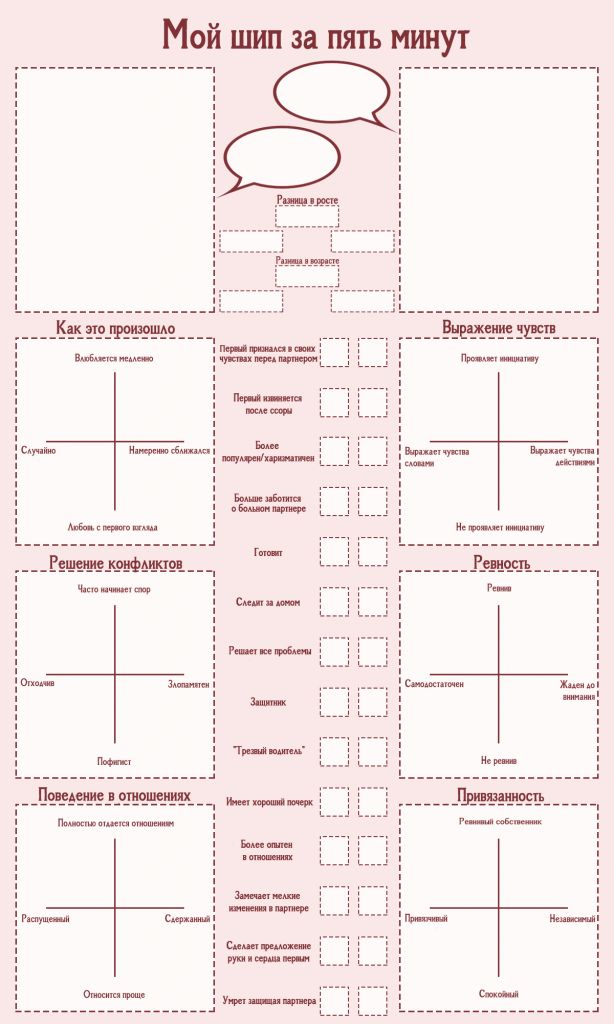 Maintain healthy hobbies and interests
Maintain healthy hobbies and interestsIf there’s something that keeps you excited, something you love doing, you may want to make it a part of you to do it as often as you can (as far as it isn’t hurting your partner or other people in any way).
Having healthy hobbies and engaging in them is one way to keep yourself happy. Happiness should become your new norm to be at your best and see less of a negative attitude.
When you maintain healthy hobbies and interests, you become an overall happier and easier person to be in a relationship with.
14. Join a support groupSometimes, stepping out of the old person (with a bad attitude) and becoming this new person can be difficult. As a result, you may need to surround yourself with people going through the same life phase as you are.
One thing a support group does is that it unifies people and, as a result, provides everyone with a safe space from where they can draw strength and motivation when they feel down.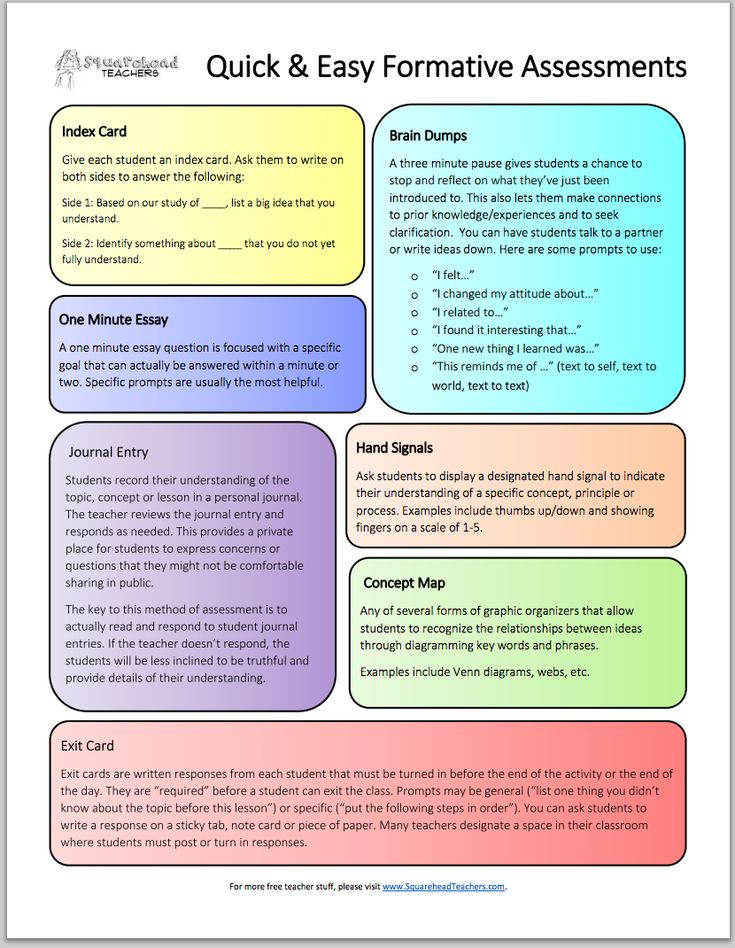
Is there a group of people who are dealing with attitude challenges in their relationships? You may want to join that support group.
Related Reading: 4 Major Marriage Challenges and How to Overcome Them15. Talk to a professional
Come to think about it. Regardless of how hard you try, there are some things you may not be able to figure out on your own. This makes it necessary for you to leave a space where a professional can fit in.
Whether you’re sorting through your past experiences, dealing with low self-esteem, navigating trauma, or just trying to be a better partner, having a professional on speed-dial is necessary.
ConclusionIf you have been looking to know how to change your attitude in a relationship, please pay attention to all the 15 steps we have shared in the last section.
If you follow through them all, you will notice your relationship significantly improving because you become a much better person.
You deserve a happy relationship.
Stop Trying to Change Your Partner: Change Your Attitude - Part Two
“Your living is determined not so much by what life brings to you as by the attitude you bring to life; not so much by what happens to you as by the way your mind looks at what happens.” – Kahlil Gibran
My last post, “Stop Trying to Change Your Partner: Change Your Attitude – Part One,” began to focus on the multitude of ways in which the attitudes, expectations and interpretations of behaviors that you bring with you into relationships can have powerful impacts on overall relationship satisfaction. There is often a natural tendency when something “feels off” or “goes wrong” to begin looking toward your partner’s behaviors and attitudes in an attempt to make sense of the inner feeling of discontent. It can be much more challenging to examine your own behaviors, attitudes, and expectations.
Your partner is never going to say or do “just the right thing” at each and every moment that you wish he or she would.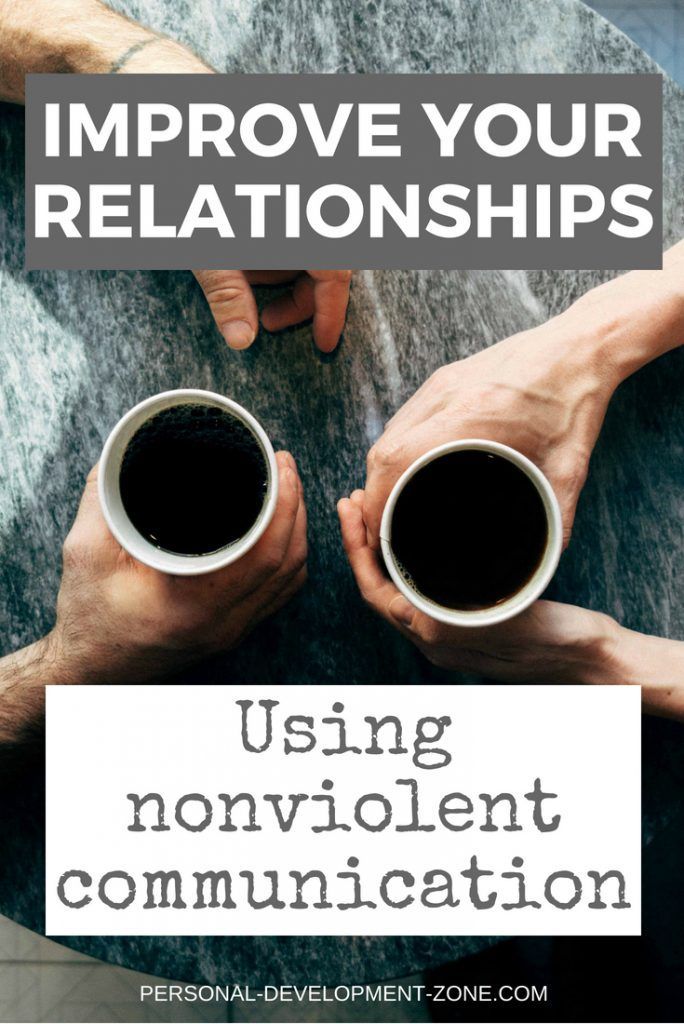 It is during these times when you feel as though some deeper emotional need is not being met, to look inward to yourself first. When there is a persistent desire to connect outwardly with your partner, this may ultimately be experienced as draining (for both of you) and result in increased withdrawal or avoidance.
It is during these times when you feel as though some deeper emotional need is not being met, to look inward to yourself first. When there is a persistent desire to connect outwardly with your partner, this may ultimately be experienced as draining (for both of you) and result in increased withdrawal or avoidance.
It is worthwhile to honestly reflect on how connected you truly feel to yourself and how much love you are directing toward yourself. When you are unconnected and unloving toward yourself, it is nearly impossible to be connected and loving with another. Perhaps the notion of being disconnected from or unloving toward your true self feels frightening or confusing. This is actually an excellent place to begin the process of mindfully getting to know who you really are, what your authentic emotional experience is, and what you truly want and need out of both a relationship and life.
If you find yourself caught in a cycle of discontent or disconnection from your partner, take some time to reflect on the ways in which you may contributing to the cycle.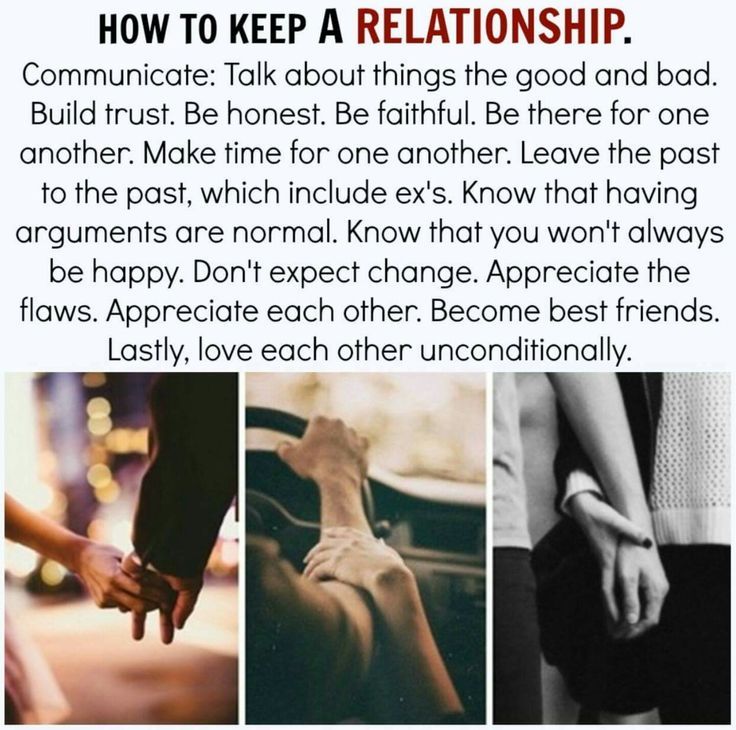 Take a step back and look at the big picture. When you use mindfulness exercises to step into your observing self, simply notice the meanings and interpretations that you attribute to your partner’s behaviors. How might taking on a new attitude or perspective bring you a greater sense of peace, harmony, and calm wisdom?
Take a step back and look at the big picture. When you use mindfulness exercises to step into your observing self, simply notice the meanings and interpretations that you attribute to your partner’s behaviors. How might taking on a new attitude or perspective bring you a greater sense of peace, harmony, and calm wisdom?
As continued from my last post, there are seven common relationship conflicts and interpretations. Allow yourself the freedom to authentically look at the ways in which you may be unfairly or inaccurately attributing distorted or overly negative interpretations toward your partner’s behaviors. As long as your partner’s actions are not abusive toward you, others, or themselves, allow yourself the psychological flexibility to examine them from a new perspective.
(4) Feeling unappreciatedCultivating and maintaining a general attitude of goodwill makes it increasingly likely to feel happy (even eager) to do loving, supportive, or practical things for your partner.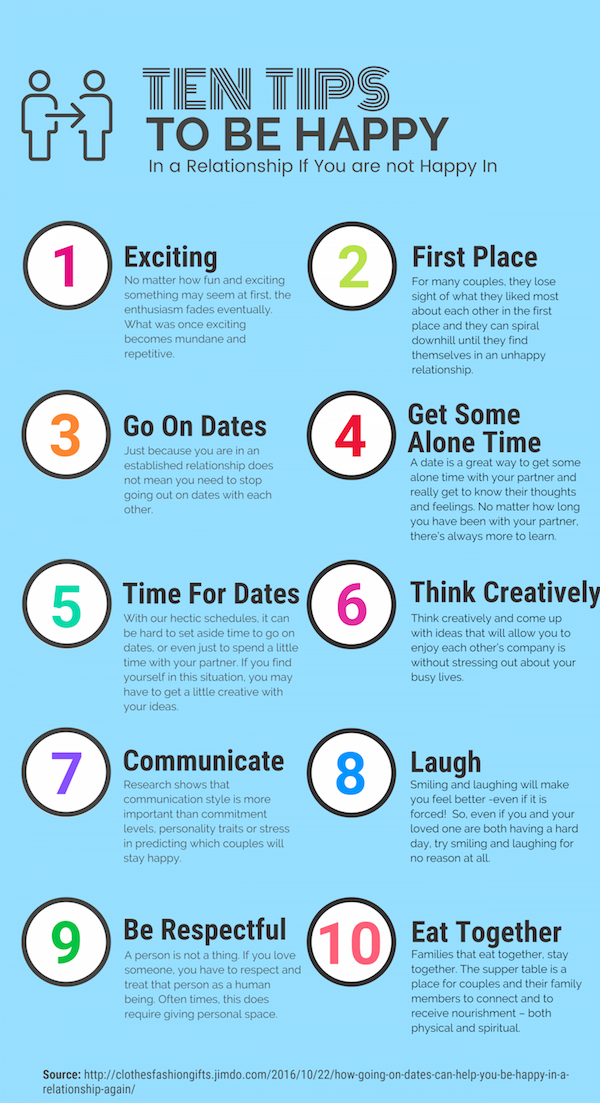 When one person in a relationship begins to feel increasingly unappreciated or unnoticed for the big or small acts he or she makes to benefit the relationship, resentment may slowly build. In many relationships, the sense that acts of kindness, love, or responsibility toward the partnership are going unnoticed can result in feeling less inclined to positively invest in the relationship.
When one person in a relationship begins to feel increasingly unappreciated or unnoticed for the big or small acts he or she makes to benefit the relationship, resentment may slowly build. In many relationships, the sense that acts of kindness, love, or responsibility toward the partnership are going unnoticed can result in feeling less inclined to positively invest in the relationship.
Rather than assume that your partner is oblivious to your acts of kindness, love, or sacrifice, make the choice to engage in direct communication. If your partner is unaware of what types of behaviors help you feel appreciated, they may be under the (false) impression that you simply “know” how much they appreciate you. Have you entertained the possibility that your painful emotional experience is more about you than about what your partner is or isn’t doing? Try noticing the attitude that you take when you do positive things for your relationship… is it accompanied by an underlying sense of waiting to be “repaid” for all that you do or is it with an attitude of generosity and joy?
If you feel resolute in knowing that you contribute much more to the relationship in ways that are unjust or degrading to yourself, you can still direct the focus (not “blame”) initially toward yourself.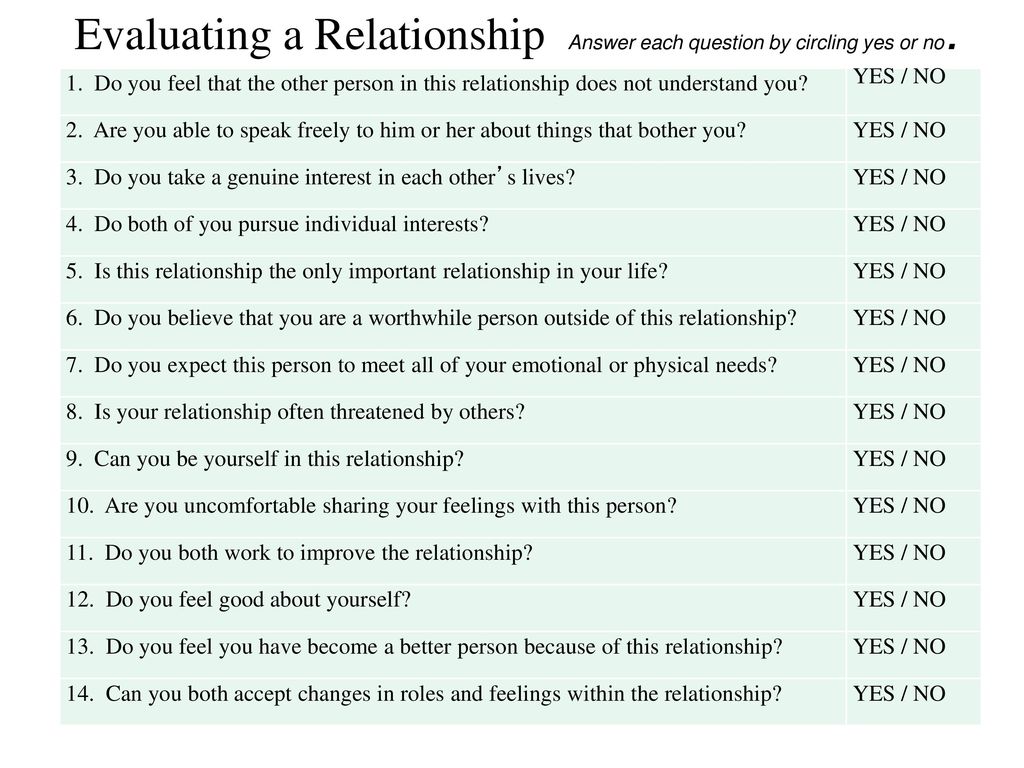 How can you begin to act differently, more assertively, or more authentically in ways that will send the message to your partner that you expect an equal and balanced relationship? Rather than waiting for your partner to pick up on subtle clues or hints about what it is that you need, try making it explicit. For some people, there is deep fear of speaking up about their true needs/feelings due to early maladaptive schemas continuing to interfere in their adult lives.
How can you begin to act differently, more assertively, or more authentically in ways that will send the message to your partner that you expect an equal and balanced relationship? Rather than waiting for your partner to pick up on subtle clues or hints about what it is that you need, try making it explicit. For some people, there is deep fear of speaking up about their true needs/feelings due to early maladaptive schemas continuing to interfere in their adult lives.
Consider the ways in which you generally interpret and assign meaning to requests from your partner. One study in particular found a sense of being controlled by one’s partner is the source of approximately 40% of complaints in relationships. No one likes to be told what to do. It is important to consider the ways in which you are interpreting requests from your partner… how are you choosing to label or assign meaning to those requests?
Successful relationships involve attributing positive intentions behind your partner’s behaviors, which requires that you take a step back and ask yourself what the potential motivations/reasons might be for statements or requests that you perceive as controlling. Could it be that your partner’s expressions of second-guessing your decisions means that he or she is genuinely concerned about you? When you begin to look at your partner’s behaviors as coming from a well-intentioned place, ask yourself what unmet emotional needs those requests may be illuminating.
Could it be that your partner’s expressions of second-guessing your decisions means that he or she is genuinely concerned about you? When you begin to look at your partner’s behaviors as coming from a well-intentioned place, ask yourself what unmet emotional needs those requests may be illuminating.
As you reflect on your partner’s deeper emotional needs in a relationship with you, ask yourself how willing you are to engage in open dialogue about those needs and find compromises… or perhaps you need to admit to yourself that those needs are too incompatible with your own relationship expectations or personal goals. Rather than engaging in the automatic thought process that emotional “needs” are inherently bad/wrong, take a step back and recognize what your partner’s actual needs are (without assigning judgment). If you find yourself incapable or unwilling to meet your partner’s most cherished expectations in a relationship, it is always possible that you are doing a disservice to both yourself and to your partner by staying.
Individuals have marked variations in their desires and expectations for emotional and physical intimacy. While it is natural for levels of intimacy in a long-term relationship to fluctuate over time, it is important to recognize the underlying themes behind the interpretations and meanings that each of you assign to intimacy in your relationship. As you reflect on boundaries and intimacy, do you find yourself entrenched in a pattern of interpreting your partner’s hugs, kisses, or sharing of emotions as unpleasant, unwanted, or intrusive? It is always possible to transform intimate patterns from a cycle of avoidance and withdrawal to one of connectedness and closeness through changes in your attitude and willingness to engage in new behaviors (even if you don’t always feel like it).
(7) FlirtingYour partner’s willingness to engage in flirtatious behaviors with others may be a sign that there is a current lack of closeness in the relationship and an indication of your partner feeling unfulfilled in their needs for playfulness, attention, or self-esteem. It is possible to shift your attitude toward this behavior by stepping outside of your own hurt feelings to ask yourself what your partner is truly seeking. Depending on the individual, this may be a sign of resentment, lack of quality time as a couple, feeling like a low priority, etc. While your partner is clearly responsible for their own behaviors, it is always worth examining the role that you play as an active participant in the relationship.
It is possible to shift your attitude toward this behavior by stepping outside of your own hurt feelings to ask yourself what your partner is truly seeking. Depending on the individual, this may be a sign of resentment, lack of quality time as a couple, feeling like a low priority, etc. While your partner is clearly responsible for their own behaviors, it is always worth examining the role that you play as an active participant in the relationship.
A great deal of general annoyances with partners arise out of real and perceived differences. Rest assured that for every irritation you may have about your partner being “too” social, spontaneous, organized, adventurous, creative, intellectual, etc… there is someone else out there in another relationship wishing their partner was more like yours (and sometimes, really just more like themselves). Part of changing your perspective in this regard is to accept the inevitable fact that there are bound to be differences in personality traits, preferences, hobbies, and temperaments between individuals.
It is often a mistake (particularly for the health of your relationship) to decide that your partner’s preferences or needs are less valid or worthy of fulfillment simply because they differ from your own. If you increase awareness of your personality differences and variations in general preferences, you can make the choice to become more accepting of your partner and find ways to be understanding of these differences while still retaining a loving bond. Consider the ways in which those personality differences can bring strength to the relationship or encourage you to see the world from a fresh perspective.
(9) Lack of fairnessWhen one partner feels the other simply isn’t holding up their end of the “bargain” (through financial, childcare, household, emotional, time-related responsibilities, etc.) resentment is likely to build. Once again… with just about all relationship “irritants,” it’s a matter of perspective. In a somewhat sad irony, couples who try to divide responsibilities right down the middle in a rigid way often end up particularly unhappy – an inherent part of this overly simplistic division of responsibilities is that you and your partner’s attention is drawn toward measuring, assessing, and arguing over who is doing “enough.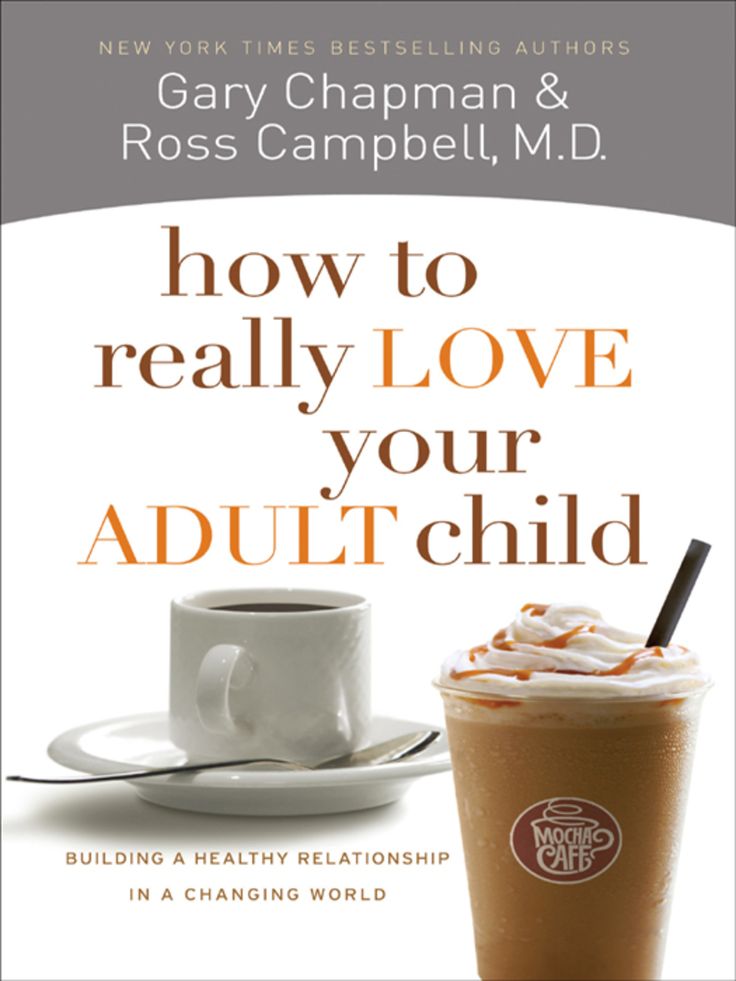 ”
”
Consider whether or not you feel overall that you and your partner give and receive in a roughly equal manner. As you reflect on your own attitude and perspective, is it possible that you are not noticing some ways that your partner contributes to the relationship? For example, through paying bills, doing household chores, taking care of children or pets, or building a future for the two of you? Take into consideration the “measuring stick” that you use when you think about the concept of fairness in relationships and ask yourself if perhaps your partner is contributing more to the relationship than you are noticing.
(10) CriticismCriticism creates a natural tendency for your partner to physically/emotionally withdraw, become defensive/resistant, develop deep self-doubts, or slowly begin to simply dislike being around you. Dr. John Gottman, renowned couples therapist and developer of Gottman Method Couples Therapy, states that men are more likely to react to “annoyances” by shutting down and refusing to engage, whereas women are more likely to actively voice their concerns (and may even tell their partner precisely what is “wrong with them” and what needs to change). It may be self-evident that these are both ineffective problem-solving strategies.
It may be self-evident that these are both ineffective problem-solving strategies.
Many couples get caught up in cycles of rehashing the same issues (what Gottman refers to as the “perpetual problems” inherent to all relationships). Criticism inherently involves focusing on the negative and is not solution-focused. Gottman’s research has indicated that 69% of all marital problems are “unsolvable” due to personality differences and needs intimately tied to one’s core view of the self. You can change your attitude and behaviors – finding a way that works for both of you in dealing with fundamental differences – or you can trade your current partner for another one with a whole “new” set of differences to work through.
As you reflect on changing your own attitude, actions, and interpretations of your partner’s behavior, can you imagine how your relationship may (or may not) be different if you were to be your most authentic self? Do you feel a sense of commitment, teamwork, love, and friendship with your partner? As you take all of these factors into consideration, remember to take a step back and look at your relationship (and your own relationship patterns) from a mindful perspective.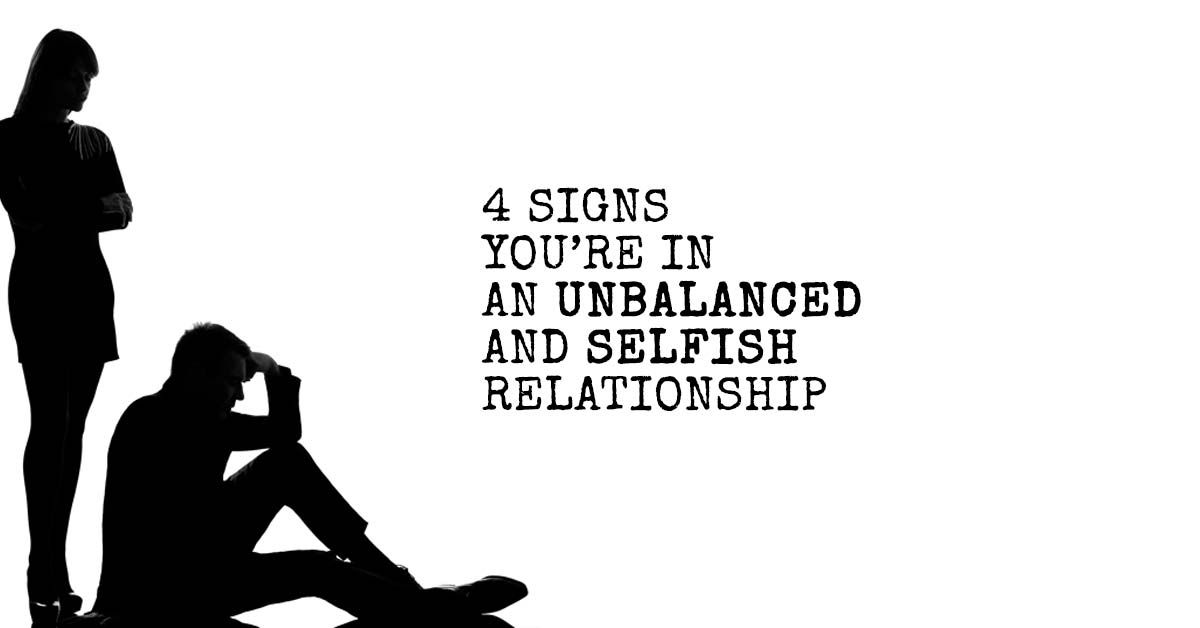
Many aspects of life are out of your control… the behaviors of other people, tragic losses, unexpected life changes, and so forth. Your attitude and willingness to assign more positive meanings to your partner’s behaviors are completely within your control – just as you have the choice to stay in or leave your relationship. As you become increasingly in tune with your true feelings, values, and dreams, allow “wise mind” to guide your path. Try to utilize the powerful integration of reason with emotion as you embrace what your deepest inner wisdom is telling you. When you trust and know your authentic self, all choices can be made with greater ease.
– – – – – – – – – – – – – – – – – – – – – – – – – – – – – – – – – – – – – – – – – – – – – – – – – – – – – – – – – – – – – – – – –
Dixit, J. (2011). “You’re driving me crazy!” Retrieved from http://www.psychologytoday.com/articles/200903/youre-driving-me-crazy
Featured image: 176/365 – Always Kiss Me Goodnight by Courtney Carmody / CC BY-SA 2.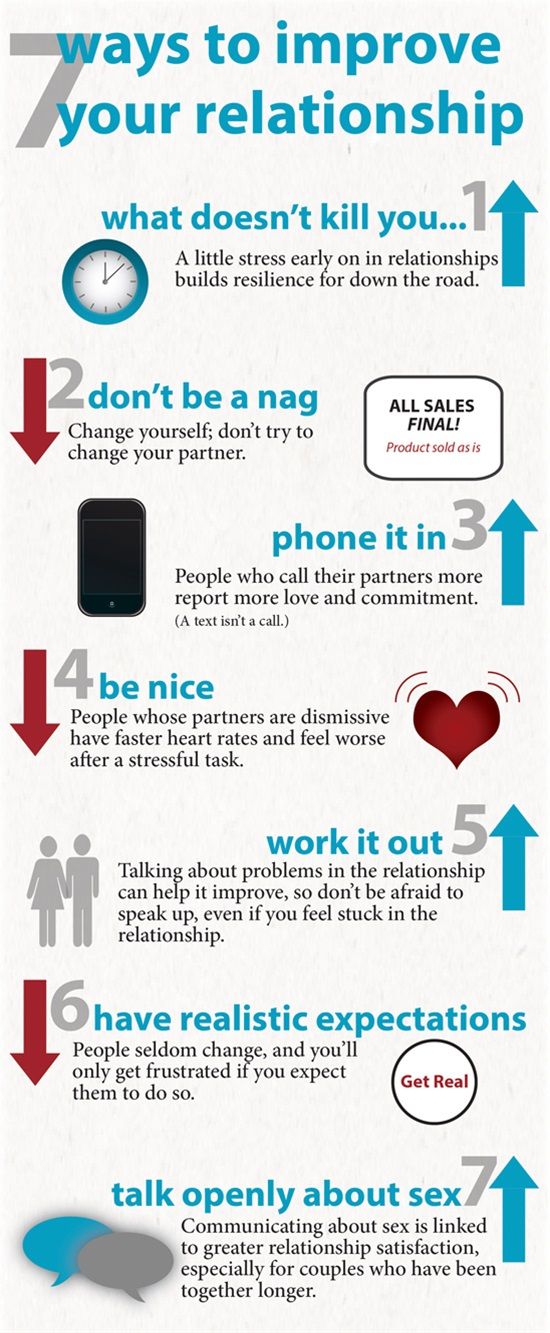 0
0
I'm positive! How to change your attitude to life and others for the better: advice from a psychologist
The modern world is a place of incredible transformations, ups and downs, crises and new opportunities. How in all this turmoil not to lose yourself and remain a positive-minded person? According to many researchers, it is important to develop the ability to see positive changes and focus on opportunities, and perceive mistakes as just one of the ways that does not work. 9 told more about this0004 Irina Stafiychuk, specialist of the Moscow Psychological Assistance Service.
Learning to notice the good
« To begin with, I suggest doing a little exercise. It will show to what extent you have developed a positive perception of reality and whether it is easy for you to put it into practice, ” advises Irina.
Exercise: Say five positive things to your family members or friends every day. For example: " dear, I'm glad I have you", "daughter, how beautiful you are", "son, I love you" . Try to do it sincerely.
For example: " dear, I'm glad I have you", "daughter, how beautiful you are", "son, I love you" . Try to do it sincerely.
At the same time, it is important to look at yourself from the outside: how long do you come up with such sentences, at what moment you speak, with what intonation you pronounce, what is happening to your face at that time, what are the bodily reactions. Such an analysis will help you understand what difficulties you are facing, and it is likely that you will be surprised by the response of your loved ones. If you continue to do this exercise, then soon you will develop a good habit and the ability to notice the positive in people around you.
More reasons to be happy
It is also helpful to observe yourself how often you feel sad or happy. To do this, you can draw an emoticon corresponding to your emotion in your notebook every hour. The exercise should be done within three days, a week or a month . “At the end of the experiment, count the sad and happy emoticons. What more? Perhaps you have reason to think. But no matter what result you get, it is important to remember that our brain recognizes a smile as a signal for the production of endorphin hormones, which are responsible for joy and positive mood, and also help to cope with stress. Therefore, use this knowledge to manage your condition”, - says the psychologist. Try to come up with all sorts of reasons to be happy and smile - this is another important step towards becoming a positive person.
What more? Perhaps you have reason to think. But no matter what result you get, it is important to remember that our brain recognizes a smile as a signal for the production of endorphin hormones, which are responsible for joy and positive mood, and also help to cope with stress. Therefore, use this knowledge to manage your condition”, - says the psychologist. Try to come up with all sorts of reasons to be happy and smile - this is another important step towards becoming a positive person.
From minus to plus
In everyday life, you can use an interesting psychological technique - positive reframing. This is a change in the perception of something, a consideration of the situation from an unexpected side. See something positive in something negative. « For example, you are annoyed by a strict leader, but you try to be more attentive and responsible in your work. Or your bus is delayed, which means there is time to call loved ones, read a book or plan some business, ” says the specialist.
Be grateful
According to neuroscientists, another way to develop positive thinking is to express gratitude. Research in this area has shown that people who say thank you often are happier and more joyful than others.
To develop this skill, it is recommended to keep a diary in which every day for a month you should write down from 5 to 10 thanks. For example, " I thank myself for learning English, I thank myself for meeting an old friend, I am grateful for the successful resolution of my problem, I am grateful for a sunny day, I am grateful to my parents for an unexpected proposal" .
« For this practice, you can make your own bracelet to your taste. It should be used like a rosary. Touching each bead, you can remember what brought you joy and give thanks for it. And if you put it on your hand, then during the day it will remind you that the world is filled with abundance, kind people, wonderful situations and joyful moments , ”advises the psychologist.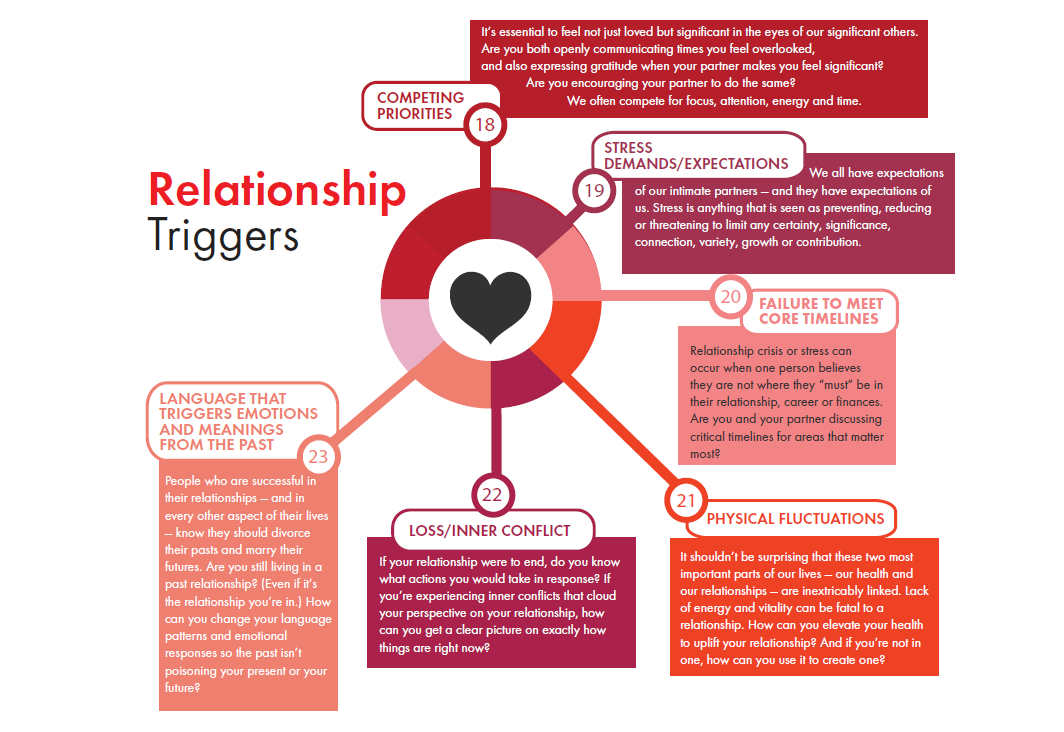
Letting go of resentment
To become a positive person, it is also necessary to take into account the fact that you should get rid of internal blocks, psychological trauma and resentment. Perhaps for this you need to turn to professional help from a psychologist, but you can quite handle some of the above on your own.
For example, a very effective psychological technique for dealing with resentment is writing letters. First, you need to get rid of all negative experiences. To do this, you should write to the offender about your feelings, about everything that you have long wanted to tell him.
Next, you need to imagine yourself in the role of this person and write an excuse letter on his behalf, in which the offender will apologize and explain the reasons for his actions and behavior. Here you can also write all the kind words that you have wanted to hear for so long. It is important not to correct or reread letters. Write as much as you want, and until you feel empty, liberated.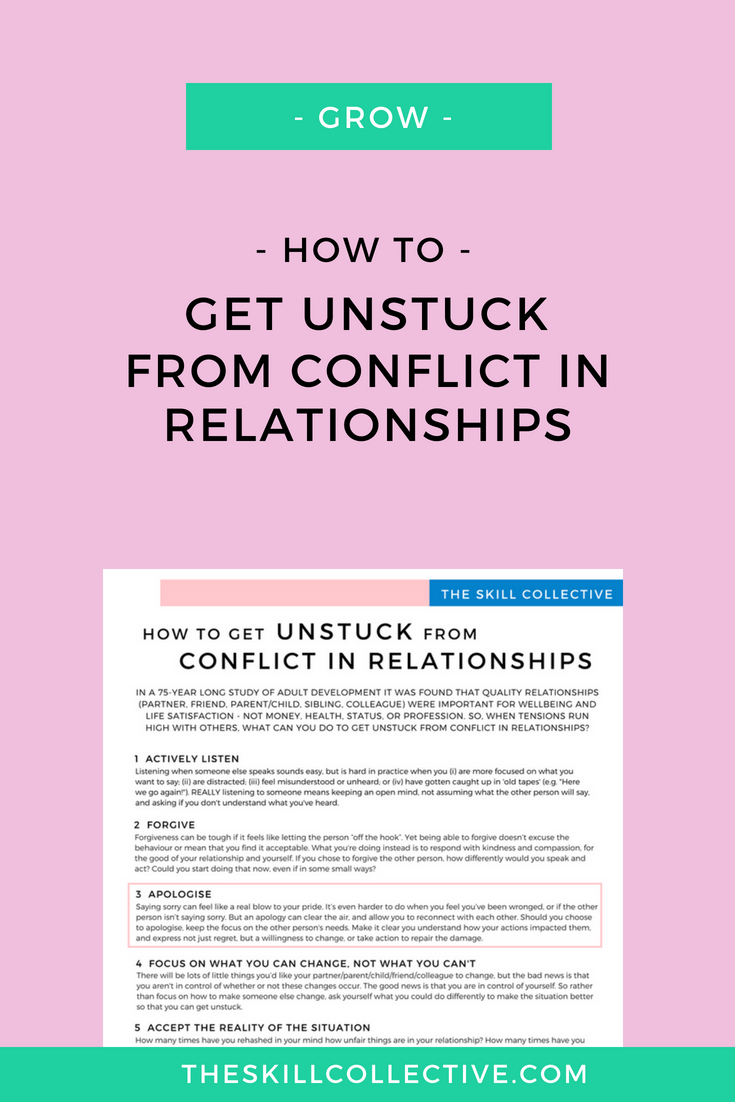
And in conclusion, I would like to say that you should practice daily in a positive perception of reality, and for this it is important to remember the Losado coefficient. The fact is that there should be three times more positive interactions in business relationships than negative ones, and five to one in family life. Therefore, compliment each other, praise, do not forget to take care and give gifts. Remember that this is an excellent prevention from despondency and negative thoughts. Thanks to this, you will be able to fill relationships with love and mutual understanding, and also become not only a positive, but also a happy person!
To learn more about this topic and find out even more interesting information, we invite you to the Moscow Service for Psychological Assistance to the Population for a free webinar "How to develop positive thinking", which will be held on January 13 at 12.00. Pre-registration on the site.
Source
Press Service of the Moscow Department of Labor and Social Protection
How to change your attitude with these 10 tips
Someone once said: "Our attitude towards life determines the attitude of life towards us" .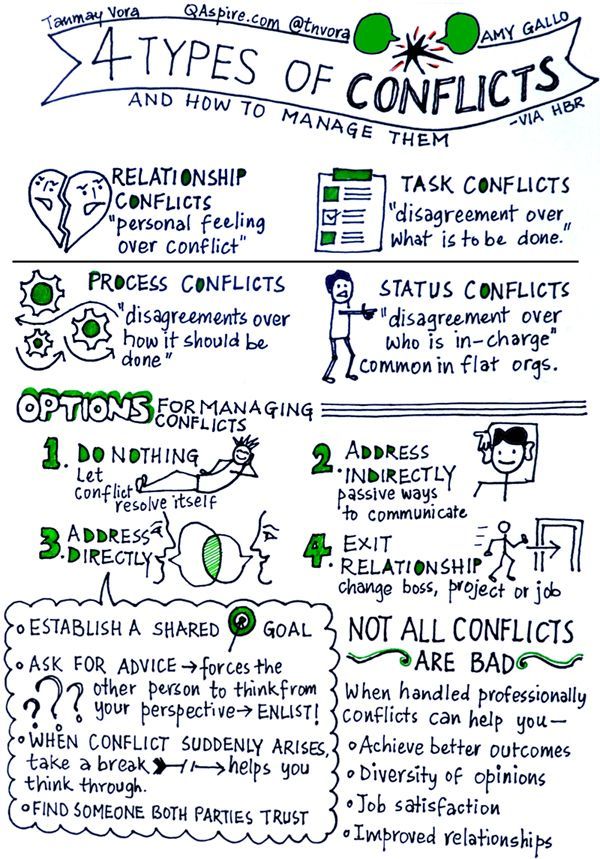 We've all heard about the power of our attitude, and that it's our attitude that determines how successful we are in life.
We've all heard about the power of our attitude, and that it's our attitude that determines how successful we are in life.
As always, before starting this list, I would like to post a video that is more or less related to the topic we are going to talk about. If you want to change a negative attitude, you need to start the day with a good action. What can you do? Vision.
There is one thing you can do every morning to start your day well. Perhaps this little action will help you in your goals: (when they talk about raising the bed, they mean "make the bed" )
If you look around, you will see that people with a positive mental attitude enjoy life more, they are happier and have fewer problems than people who are capricious, selfish, pessimistic and defeatist. Our attitude towards life is the driving force that can motivate us to achieve great things. or I will push you into a bottomless pit.
or I will push you into a bottomless pit.
While it is true that people are born with certain tendencies or orientations, our personality and attitudes develop through our relationships and experiences. Our relationships begin to develop in childhood and constantly evolve and change over the years as a result of interactions with other people and daily experiences.
All the people you interact with can influence your attitude.
If you think that all of these factors have led you to have a bad attitude towards life or an aggressive attitude towards people close to you, there is no need to worry, because there is always the opportunity to change (although it is easier to change certain behaviors when a boy).
Then, What should I do to change my attitude?
Index
- 1 10 simple steps to change your attitude
- 1.
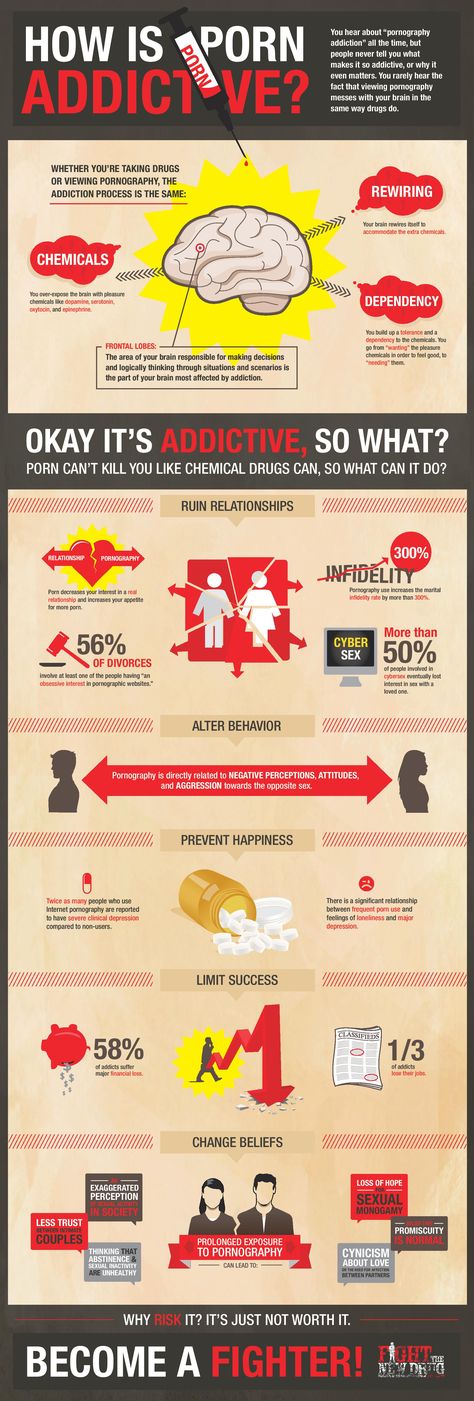 1 1. Identify and understand what you want to change.
1 1. Identify and understand what you want to change. - 1.2 2. Find a role model.
- 1.3 3. Think about how changing your attitude will affect your life.
- 1.4 4. Choose the right companies.
- 1.5 5. Firmly believe that you can change.
- 1.6 6. Bring back pleasant memories.
- 1.6.1 I recommend this article: a love letter to yourself.
- 1.7 7. Change your attitude towards music.
- 1.8 8. Laughter is the best medicine.
- 1.9 9. Move.
- 1.10 10. Always act with a purpose.
- 1.
1. Identify and understand what you want to change.
The first step to change is to clearly understand what needs to be changed. Setting clear goals is the key to success in business. When it comes to changing attitudes, you need to conduct an honest and thorough self-assessment to determine exactly which of your qualities need to be completely improved or changed.
2. Find a role model.
Maybe you want to be more optimistic, more sociable, or more patient. Find someone who has this attitude towards you and keep an eye on him. If you know this person much better. Meet with her regularly (as long as possible).
If he is a famous person or someone you follow on Youtube, you can watch his video. You can download audio from videos and listen to them as you take a step or as you drive (that's what I do). When I'm alone in the car, I don't listen to music; I listen to the people I subscribe to on YouTube.
3. Think about how changing your attitude will affect your life.
Changing your attitude is not easy. It is about overcoming old vices that are deeply rooted in your personality. Visualize how you would be without that personality trait you want to eliminate. Find out exactly what this supposed change could bring to your life.
Will it improve your family life, social life or your relationship with your partner? Will it mean a more successful career for your work? Every night visualize what your new life will be like. Fall asleep thinking about it 😉
Fall asleep thinking about it 😉
4. Choose the right companies.
As they said, "Bad company corrupts good morals" . Don't expect life to go well if you surround yourself with people who have all the negative qualities you want to change.
Consider making new friends. Look for optimistic people who have a healthy attitude towards life. You can see that your change efforts will be easier if you have such friends.
Volunteering is a great way to make new friends. Google what types of volunteering exist where you live.
For example, I volunteer at an animal shelter and walk abandoned dogs. There I met wonderful people. You can cooperate with the Red Cross, with associations of people with physical or mental disabilities ...
Another possibility is to sign up for dance lessons (learn how to dance salsa), yoga lessons ...
5. Firmly believe that you can change.
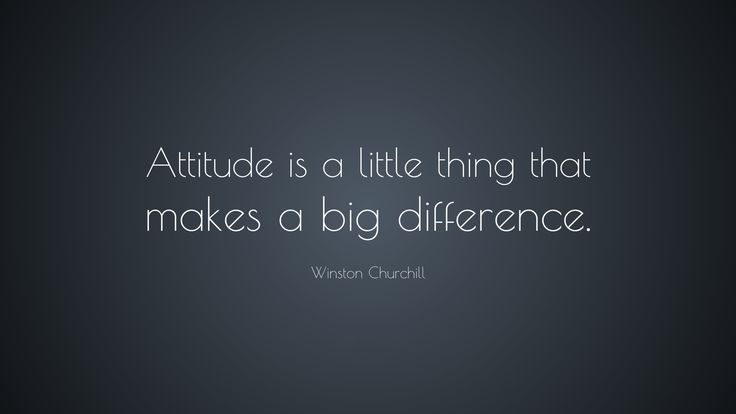
Often the biggest obstacle to achieving our goals is ourselves or our inability to trust what we are capable of. If you don't believe in yourself, or if you don't believe your life can change, it just won't happen. Either you never try or you quickly get away with the first failure you have .
6. Bring back good memories.
Happy memories are often ingrained in your memory and can help you quickly change your attitude. Just remember your happiest or funniest memories. Maybe you're feeling nostalgic... beware! This advice may not apply to everyone, such as the person who just broke up with their partner.
When I was going through difficult times, when my self-esteem was low, or when I cared more about other people than about myself, remembering my little self helped me a lot. Immediately you have a protective instinct towards yourself, which can help you when something goes wrong in life.
I recommend this article: A love letter to myself.

7. Change your attitude towards music.
Music can help you a lot. You can make a playlist on Youtube with those songs that evoke good times.
8. Laughter is the best medicine.
I know it's hard to laugh when you're really upset, angry, upset, sad... Take a deep breath, relax and watch a laugh movie (a list of laugh movies can be found on Google).
Also preferably create a YouTube playlist of the videos that make you laugh.
If that doesn't work, just try smiling. There have been studies that show that smiling on the face improves mood.
9. Get moving.
Shout, sing, jump, dance, run or just shake your body. This can help you release the attitude you want to change. Have you ever felt better after a workout? Try sports the next time you want to change your attitude.
10. Always act with a purpose.
Your actions must be consistent with your values and who you are.





